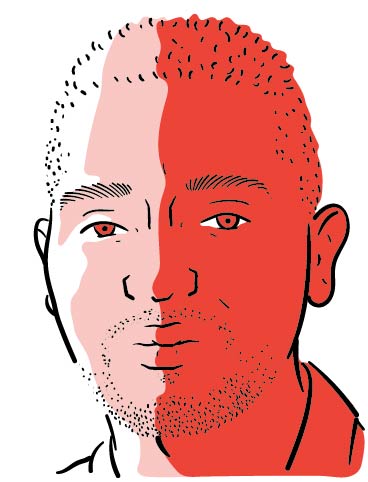I spoke with Nikky Finney and Jericho Brown in the spring of 2020 as a part of the Bay Area Book Festival’s #Unbound series of virtual conversations. We convened just after citizens began mobilizing against police brutality in the wake of George Floyd’s murder by Minneapolis police officers. I was hurt, and there couldn’t have been two poets I needed to speak with more during that difficult historical moment. Something of the importance of Nikky’s and Jericho’s work is captured in the epigraph of Nikky’s latest book, Love Child’s Hotbed of Occasional Poetry: Poems and Artifacts, which is from Langston Hughes: “I’m laying off of political poetry for a while, though, since the world situation, me thinks, is too complicated for so simple an art. So I am going back (indeed have gone) to nature, Negroes, and love.”
To me, that epigraph speaks to what binds these poets together and makes them crucial to our moment: their dedication not just to political poetry but to politically engaged poetry that is about Black people, Black life, and Black lives. They get to their politics through a careful examination of Blackness and the poetic forms that that examination yields. Jericho’s and Nikky’s work reminds us exactly what we’re fighting for.
You have reached your article limit
Sign up for a digital subscription and continue reading all new issues, plus our entire archives, for just $1.50/month.
Already a subscriber? Sign in






